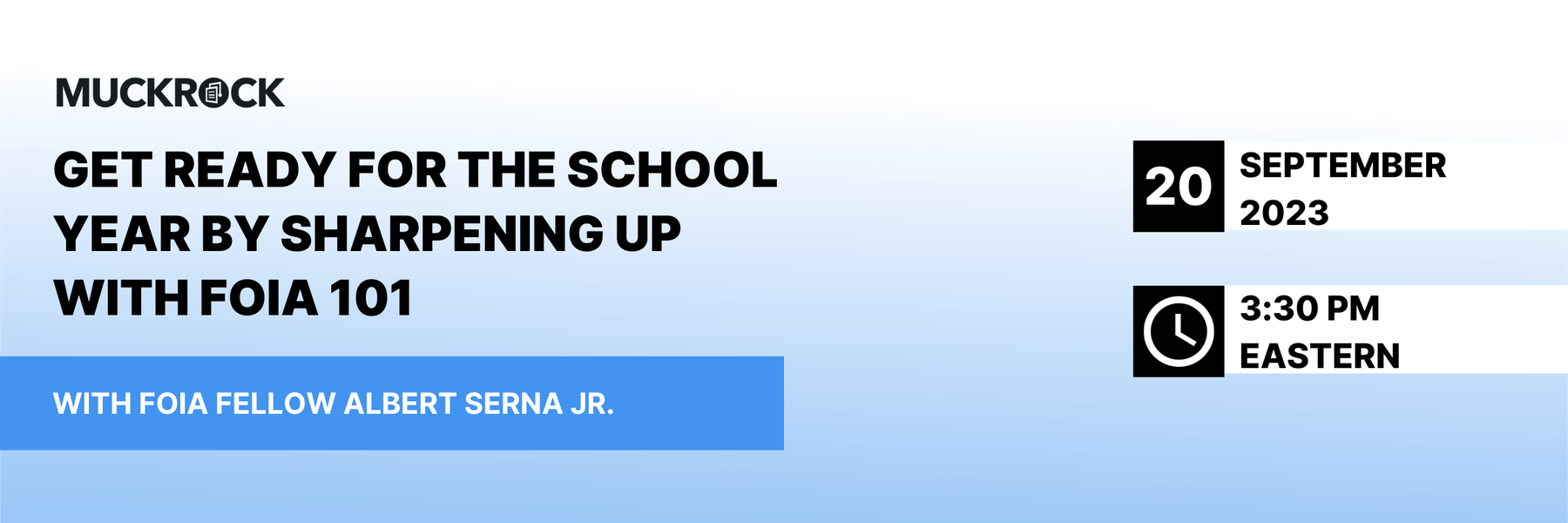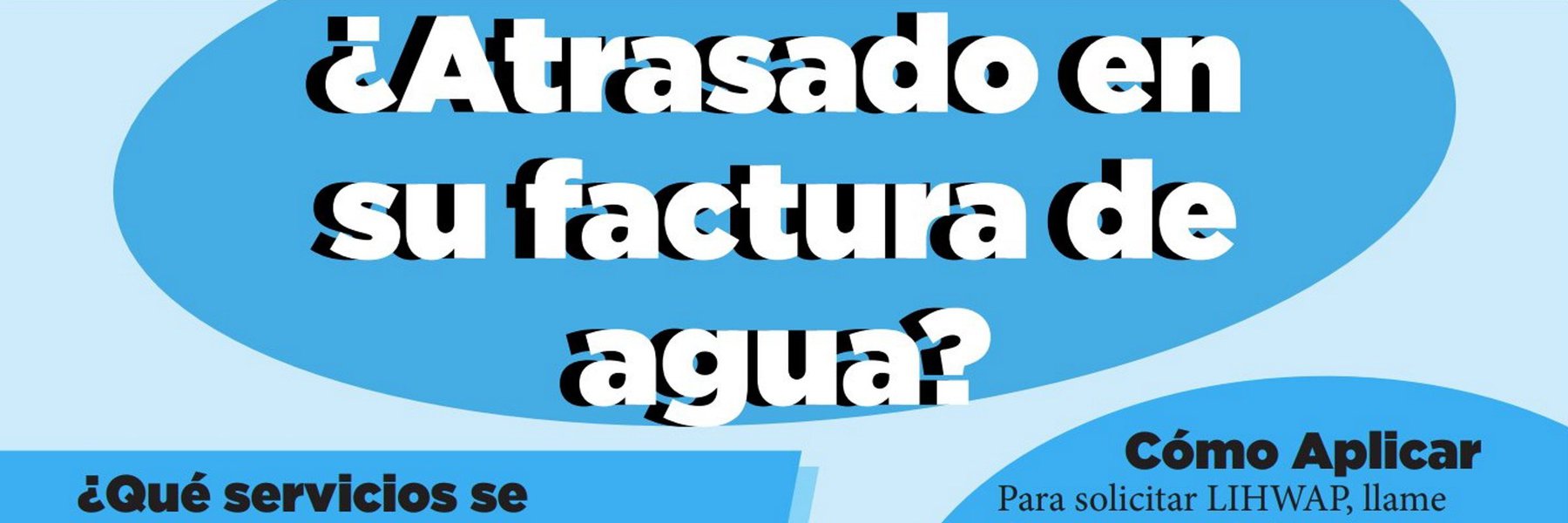FOIA can be a tricky process, but you don’t need to go at it alone. Here are some of our favorite tips, tricks and examples of opening up the public records process, whether it’s hosting an event to train others or building a larger records campaign that works to get more people involved. The benefits: More transparency, more documents and stronger laws that work better for all requesters.
Why open up your FOIA process?
Despite having “public” in the name, requesting public records is often a solo process. A lone requester often goes up against government agencies with more experience, more resources and way more time.
Enlisting others in your quest can start to even the odds. There are a lot of benefits:
-
Sharing your wins and losses not only helps others learn but gives them a chance to share ideas that might work for your request challenges.
-
It builds a bigger public records community.
-
It generates broader support for transparency laws.
-
As a bonus, if you help inspire and train other requesters, you will be repaid with a steady stream of interesting FOIA finds and request ideas that they are excited to share, helping to keep transparency strong.
Share your requesting journey
If you’ve browsed MuckRock’s request archive to find inspiration or language that helps you unlock the information you’re interested in, you’ve already seen this practice and hopefully benefited from it. So one way to get started: File requests through MuckRock, add them to our archive, and share your requests with the world!
There are many ways to open up your FOIA process. The simplest is just sharing that you used public records in the first place. For a long time, too many newsrooms treated public records like their own trade secret. We’ve even seen FOIA’d documents referenced as if they had been leaked, and agencies treat a war on leaks as a war on FOIA.
So when the public records process works, make sure to let people know. It’s a chance to thank records officers that were particularly helpful.
You can also share when FOIA doesn’t work. Flagging setbacks can ease the sting of rejection while also highlighting where laws need to be strengthened. It might even lead to someone sharing an appeal strategy or offering legal assistance.
You don’t need to wait until the end of a FOIA journey to start sharing. Letting people know from the outset that you’re working to open up an important issue can help garner interest, find potential collaborators, and also build trust and engagement with your readers, community, and even government agencies. We’ve had government agencies fulfill requests before we even filed them after we started talking publicly about the planned effort.
Find ways to file with the public
Sharing is just the start. You can take things further by actually inviting others into your process. We’ve launched a wide range of collaborative FOIA projects on MuckRock, with calls to join together in seeking a range of information.
For example, to showcase the broad public interest in Treasury transparency, we partnered with the Center for Public Integrity to file a FOIA petition with hundreds of signatories for details on tax breaks for corporations.
If you would like to cast a wider net, we’ve also found asking people to suggest where to file and then helping them submit requests around a given topic — or even helping file on their behalf — can produce incredible results. We’ve put that strategy to work digging into everything from how cities courted Amazon’s HQ2 and policing transparency to soda contracts at your school.
Those efforts used simple forms and standard request templates to achieve outsized results that led to some surprising stories, and there are plenty of other ways to get more people involved in your FOIA adventure. All it takes is asking what people are interested in knowing more about and then helping translate those questions into records requests.
Give everyone transparency superpowers
Finally, once you’ve showcased the impact of public records, people are naturally going to be interested in getting a chance to try it for themselves. No matter where you are on your quest for FOIA mastery, this is a great chance to bring people together to learn about how public records are for everyone.
If you’re up for it, we’ve found that there’s an insatiable appetite for public records training, particularly when geared towards the basics and getting over initial fears people may bring to the process, misconceptions they have or questions they’re afraid to ask (we’ve all been there).
If you’re not quite ready for that, offering to host a FOIA workshopping event or to talk through request ideas and challenges can be incredibly valuable and might even help you meet new allies or potential sources in your efforts.
You can find some training materials, guides and even videos on our FOIA 101 page.
You might look to find aligned organizations in your area to see if there’s interest or ask if they folks that might be interested in talking through ideas. The Society of Professional Journalists, Online News Association, and Hacks/Hackers all have local chapters for newsier folks that might be interested, but there is a range of other organizations that could be good partners. Try your local National Freedom of Information Coalition member, a local library, League of Women Voters chapter or Code for America group. The transparency community is often much broader than people immediately see, so feel free to get creative and ask around.
You can also get creative in how you present: Cleveland Documenters and Northeast Ohio Solutions Journalism Collaborative put together a public-records-training-via-text. For the particularly adventurous, we offer a guide to FOIA Karaoke.
No matter how you open up your process, it can pay dividends for other requesters, yourself, and our transparency laws. If you find a way to put these tactics to work, we’d love to hear about them and highlight those efforts in our newsletter, Slack and on our social media platforms. Please get in touch and good luck with spreading the FOIA love!
This guide was adapted from a recent Transparency Corps training. Sign up for MuckRock’s newsletter for other upcoming guides, training and transparency toolkits.




